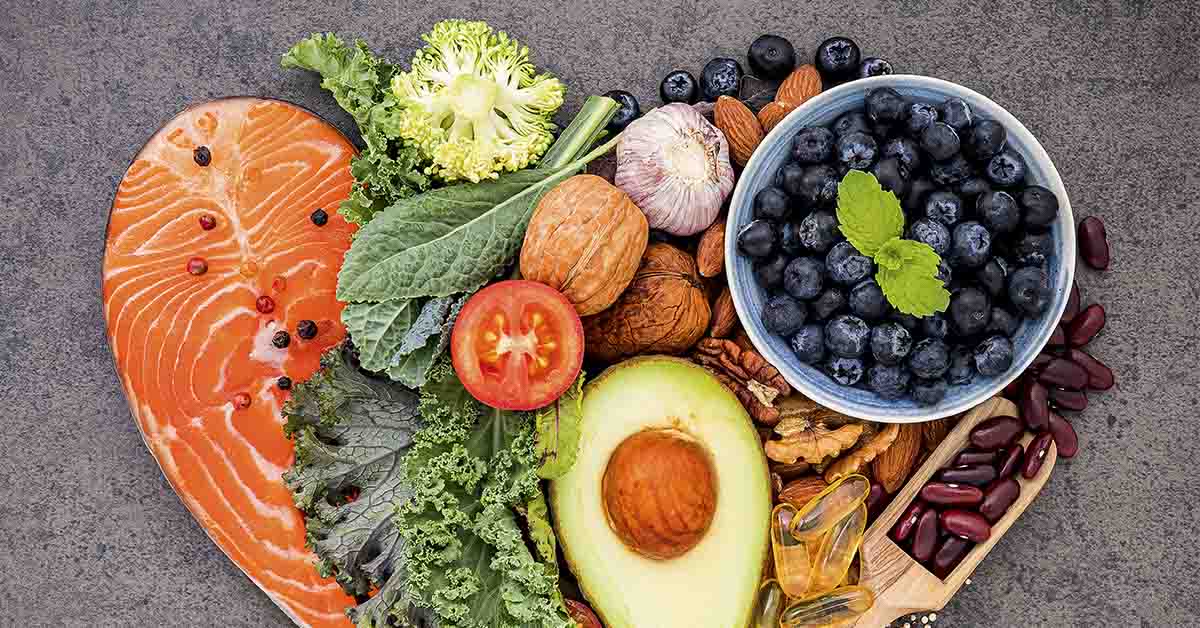You’ve probably heard the term “heart healthy diet“, but what does this actually mean? After all, we also say “everything in moderation”, so are there any foods that are a true no-no? While there are no true “bad” or “good” foods, per se, these are foods that cardiologists say that they avoid pretty much always.
Foods a Cardiologist Would Never Touch and Explains Why
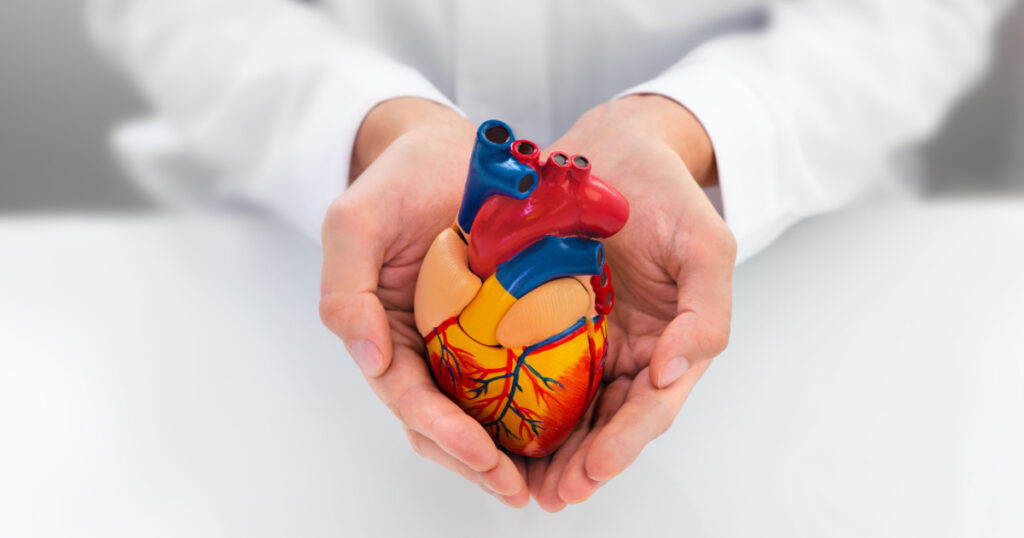
We all know that our heart health is important. We also all know that things like fresh fruits, vegetables, lean proteins, and fatty fish are good for our hearts. However, some foods that cardiologists (aka heart doctors) say they don’t touch. These are those foods and why they are so detrimental to the health of your heart.
Read: 8 Surprising Signs of Heart Valve Disease
Movie Theatre Popcorn

Too Much Salt and Butter: Cardiologist Lauren Baldwin says that the next time you go to the movies, skip the popcorn. Coated in salt and coconut oil, which is high in saturated fat, the problems don’t stop there. This is just plain movie theater popcorn – you then go and douse it in butter and likely other flavoring powders. This adds more saturated fat, salt, and other chemical ingredients. Instead of having popcorn at the theater, pop it yourself at home. This way you can control what goes in it. (1)
Breakfast Sausages

A Sodium and Saturated Fat Concern: Dr. Baldwin emphasizes avoiding breakfast sausages. These processed meats not only contain high levels of sodium, which can contribute to elevated blood pressure, but they are also rich in saturated fats. Saturated fats, found in many processed meats, can raise cholesterol levels and have been linked to an increased risk of heart disease. Opting for healthier alternatives can help promote better heart health.
Margarine
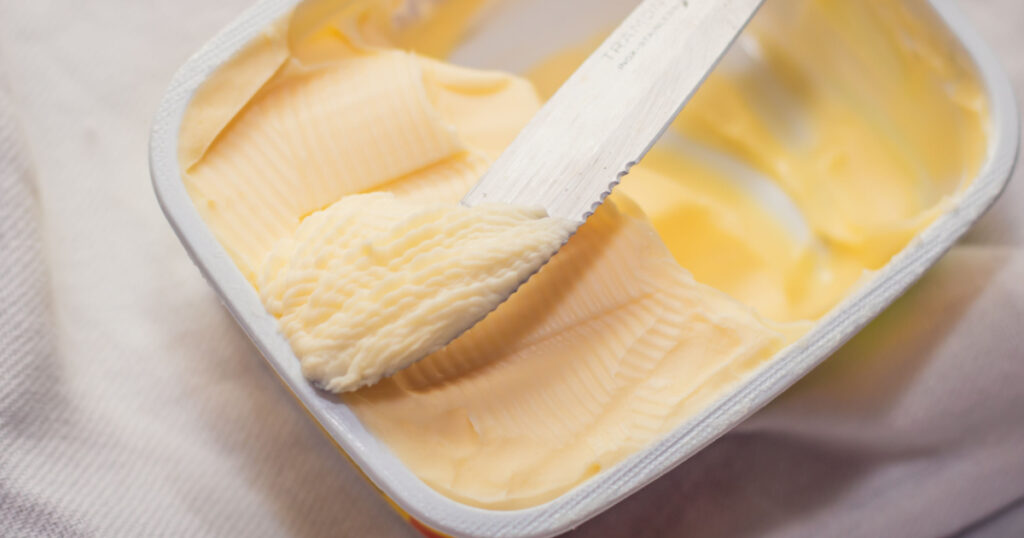
A Substitute to Reconsider: Contrary to popular belief, margarine may not be the healthier alternative to butter. Dr. Elizabeth Klodas warns that margarine can be just as bad as butter. A study revealed that each tablespoon of margarine consumed daily was associated with a 6% increased risk of death over a 16-year period. Olive oil, on the other hand, was linked to a 4% lower risk of death. Dr. Klodas advises using olive oil whenever possible and reserving butter for occasional use. (2)
Read: Getting Your First Period Before or After Age 12 May Increase Your Risk for Heart Problems
Steak
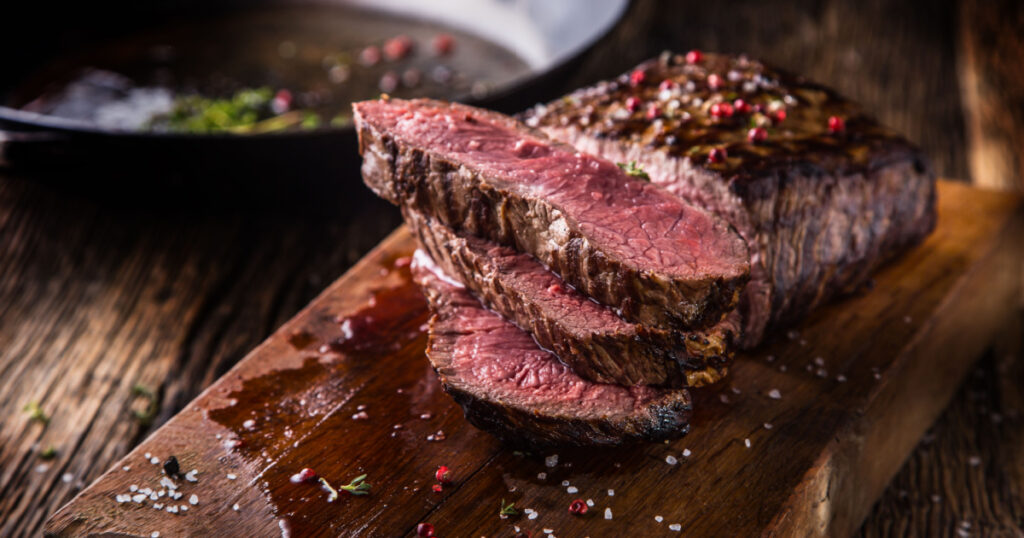
Moderation is Key: Dr. Baldwin advocates for caution when it comes to eating steak. Highly marbleized steak, with excessive amounts of saturated fat can contribute to higher risks of cardiovascular disease, cancer, and diabetes. While it is acceptable to consume small amounts of red meat occasionally, it is important to prioritize moderation and opt for leaner cuts of meat.
Bacon
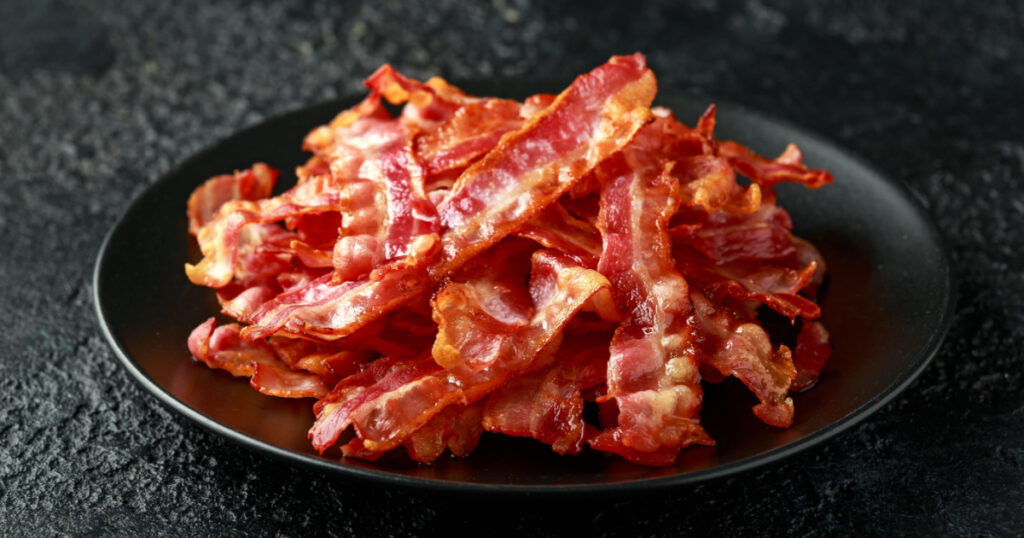
A Salty and Processed Culprit: Dr. Baldwin also advises against consuming processed red meats such as bacon due to their high levels of saturated fat. Besides increasing LDL (bad cholesterol) levels, bacon is also typically cured with salts, sugars, and nitrates. These additives, particularly the excessive sodium, contribute to increased blood pressure and fluid retention, potentially straining the heart. Choose healthier alternatives whenever possible, and limit bacon only every once in a while.
Deep-Fried Chicken

Opt for Healthier Cooking Methods: Fried foods, including deep-fried chicken, should be consumed sparingly, according to Dr. Sanjay Maniar. Regular consumption of fried foods means you are regularly consuming higher levels of unhealthy fats. This will raise your LDL (bad cholesterol) and lower HDL (good cholesterol). By incorporating fresh herbs and choosing grilling or baking methods, you can retain the flavors without the negative impact on heart health. (3)
Read: Vitamin D May Help Prevent Heart Attacks, New Evidence Shows
Doughnuts

Mind the Frying Oil and Trans Fats: Dr. Jayne Morgan advises caution when it comes to doughnuts. Many doughnuts are fried in oils that contain trans fats, which can contribute to increased cholesterol levels, blood sugar issues, and the risk of heart disease and stroke. On top of that, they are incredibly high in sugar. While certain establishments may use trans-fat-free oils, doughnuts should still be consumed in moderation due to their saturated fat and sugar content.
Bologna
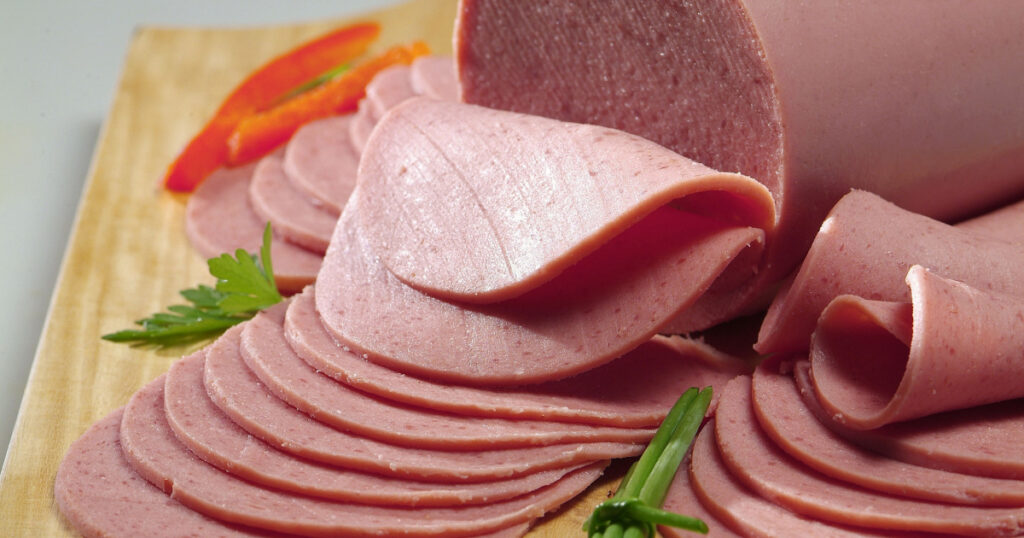
An Unhealthy Combination of Processed Meat and Salt: Dr. James Udelson, chief of cardiology at Tufts Medical Center, highlights the need to steer clear of highly processed meats like bologna. With their extensive salt content, such meats significantly increase the risk of cardiovascular disease. A recommended approach to a heart-healthy diet is following the Mediterranean-style diet, which includes vegetables, whole grains, fish, some lean meats, nuts, and legumes.
It May Sounds Cliche, but Moderation is Key
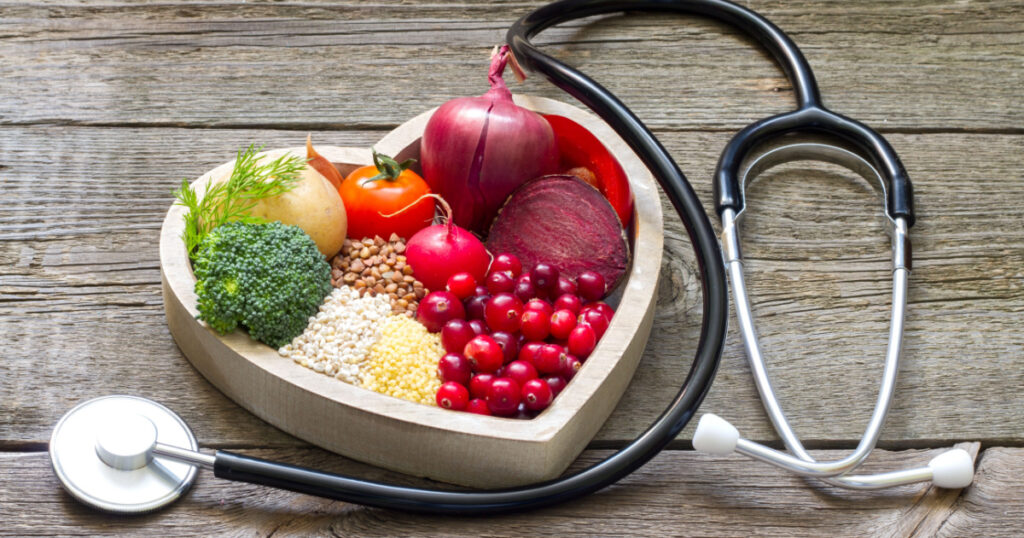
While indulging in these foods occasionally may not lead to immediate harm, it is crucial to prioritize heart-healthy choices in our diets. By avoiding or limiting the consumption of foods rich in saturated fats, sodium, and processed ingredients, we can take significant steps towards promoting cardiac well-being. While yes, none of these foods are harmful if eaten on rare occasions, the problem arises when they are eaten too often. Of course, it’s not just about thinking “oh, I haven’t eaten bacon in a long time” but also thinking “but I did have donuts recently, so maybe I better skip the bacon today”. Everything we eat works together either for or against our health, and usually we don’t see the effects for weeks, months, or even years afterward. It is always advisable to consult with a healthcare professional or registered dietitian for personalized guidance on maintaining a heart-healthy lifestyle.
Keep Reading: 48 Bad Habits Linked to Cancer
Sources
- “6 Foods Cardiologists Avoid.” Orlando Health. Lauren M. Baldwin, PA-C. September 7, 2023.
- “A cardiologist shares the 5 foods she avoids for a ‘healthy heart’—and what she eats instead.” CNBC. Dr. Elizabeth Klods. October 21, 2022.
- “Cardiologists Share The 1 Food They Never (Or Rarely) Eat.” Huffpost. Leigh Weingus. February 22, 2023.
